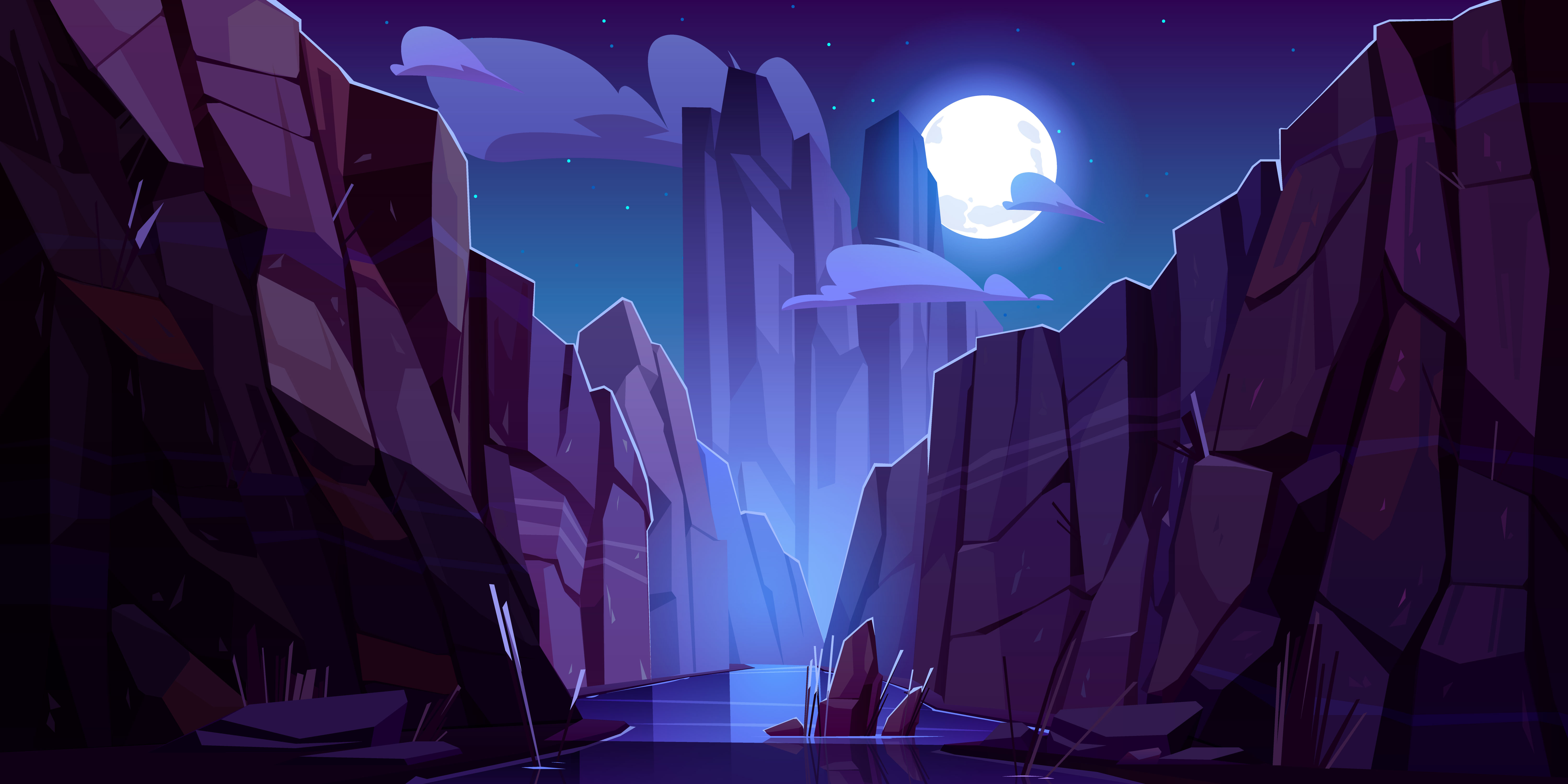January 15, 2023
SOCIAL MEDIA AND MENTAL HEALTH

Photo by Mina Ivankovic on Unsplash - Image by @upklyak on freepik
Social media/networks have become an omnipresent part of our daily lives. This is neither a good nor a bad thing in itself, but a new facet of our social life that we need to be fully aware of and to protect our mental health against...
- Pleasures and displeasures -
These media help us to stay in touch with our loved ones, our entourage. They also put new tools of creation and distribution in « all hands », and in doing so, they contribute to important movements, giving a voice to people and populations that are not always properly represented in traditional media.
These elements came from a good intention but can quickly turn into a nightmare : cyberbullying, harassment, spreading false information. These are significant issues that we must be collectively aware of. In addition to the societal consequences, there are also deeper, more personal consequences.
This is why it is important to take measures to use these media in a healthy, responsible, thoughtful and compassionate manner.
- The effects on mental health -
It is increasingly documented that the amount of time we spend on these media plays an important role in our mental and physical well-being.
This research suggests that their use can be addictive, meaning that our brains unintentionally create links between the need to use them and a sense of normalcy.
The same research shows that the time we spend on these media corroborates with an increase in feelings we do not want to cultivate such as sadness, loneliness and jealousy.
This is not saying that a « healthy living » requires a total abstinence from social platforms. There are ways to continue to enjoy the benefits of media, while limiting the negative side effects.
- Beware of the smoke and mirrors -
The comparison game is certainly the most famous evil of these media : everyone uses it to share the best version of themselves, the happiest moments, their most amusing memories, the most beautiful days, their best make-up, their best haircut, etc.
Therefore, we must remain realistic and not fall into the illusion that others are better or that they live a better life. Discernment is power and when we realize that we start comparing ourselves, we need to pause and remember that the person, whose message stirring up feelings of jealousy or insecurity, is also human with their own challenges and insecurities (it certainly took 40 takes before getting that right shot).
- The easy way is the skill that backfires -
It's especially important to monitor our screen time and set limits for ourselves because it's extremely easy to go from having a moment's respite on these media to not having seen the time spent on these platforms and apps.
One trick is to delete the apps from our phone, so in order to access our accounts we’ll have to log in each time. This gives our brain a much-needed break to evaluate whether we really want to do it or if we’re doing it by reflex.
Sometimes a complete break is the solution. This doesn't necessarily mean deleting our accounts altogether and never using them again, but rather giving ourselves a little detox, so we can reset our minds and form healthier, more intentional habits.
Conclusions
Exposing ourselves to different points of view and approaches that we may not like, but which can educate and make us evolve, is important for our personal growth and openness to diversity.
But we also need to learn how to block people who spread hate and negativity, who share misinformation, and who make us feel uncomfortable with their online presence by posting offensive, neglectful, abusive content.
So knowing why we use social media/networks and check our feeds can help us stay on track and recognize when our use is not serving us or is detrimental to us.
What do you think?
